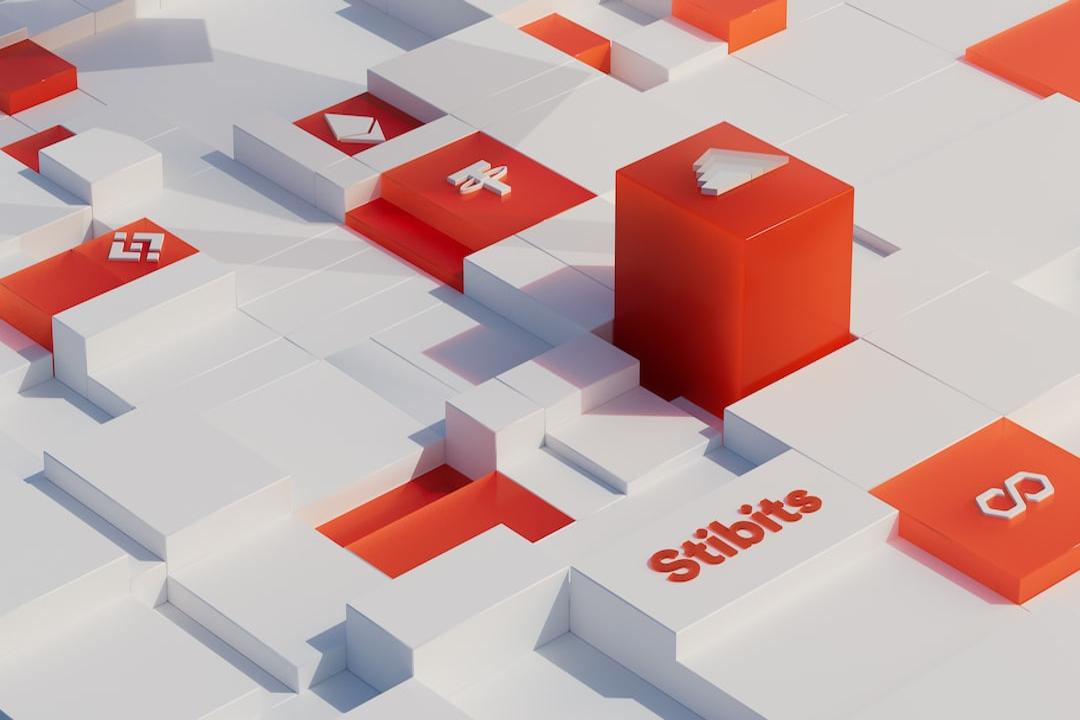Exploring the Challenges and Advantages of AI Audits in the Audit Industry
The auditing industry faces several key challenges, particularly when it comes to decentralized applications (DApps) and smart contract audits. DApps handle user assets through on-chain transactions, which can leave them vulnerable to risks such as unauthorized extraction of assets. To mitigate these risks, smart contract audits are conducted. However, users of major audit firms encounter various challenges, including high costs, an overemphasis on obtaining a “stamp of approval,” delays in product launches and token listings, and varying accuracy and communication costs.
These challenges arise due to the fact that audits are currently conducted by humans. The high costs are mainly attributed to professional auditors’ fees, and human auditors are prone to overlooking details, making the process time-consuming. To address these issues, AI-powered audit firms have emerged.
So, what exactly does an audit check? Audit firms typically perform two main tasks. First, they identify vulnerabilities by comparing clients’ contracts against known vulnerability patterns. Second, they point out project-specific logic vulnerabilities and operational inconsistencies. Traditionally, humans review the smart contract’s source code for vulnerabilities. However, the knowledge and detection capabilities of vulnerability patterns can vary among auditors, leading to potential oversights due to human error.
This is where the significance of using AI for smart contract audits comes into play. AI-based audit firms, like Bunzz Audit, offer comprehensive perspectives by scanning code from every possible angle. Their vast database of vulnerability patterns allows for accuracy in identifying vulnerabilities that would be physically impossible for humans to detect.
AI-based audits also offer advantages in terms of cost and duration. Traditional audit firms employ numerous professional auditors, while AI-based firms rely on a few smart contract professionals who review the results produced by AI. This significantly reduces audit costs to about one-tenth of traditional firms. Additionally, AI-based audit agencies can complete audits in 24 to 48 hours, compared to the approximately two weeks required by traditional firms.
However, AI-based audits do have limitations. They may not address project-specific logic vulnerabilities and operational inconsistencies that exist in off-chain information, such as white papers and documentation. Some AI-based audit services rely on human auditors to cover this aspect and provide a more comprehensive audit.
Despite these limitations, AI-based audits offer significant benefits for projects looking to reduce audit costs. They can be used as a “Pre Audit” before engaging traditional audit firms, as they can help identify critical bugs in advance. Integrating AI-based audit services into the CI/CD process is also seen as a way to improve code quality.
Looking to the future, AI audits have the potential for further evolution. Vitalik Buterin, the co-founder of Ethereum, highlighted the potential of AI in aiding formal verification of code and bug finding. Advancements in Formal Verification technology could make on-chain protocols more trustless, leading to significant improvements in on-chain ecosystems. Overcoming the barrier of perfecting product specifications, which is costly for humans, could be significantly improved with the use of AI.
In conclusion, AI audits offer a promising solution to the challenges faced by the auditing industry. While they may not be perfect, they provide comprehensive perspectives, reduce costs, and offer faster audit processes. As technology continues to advance, AI audits have the potential to revolutionize the industry and improve the trustworthiness of on-chain protocols.

